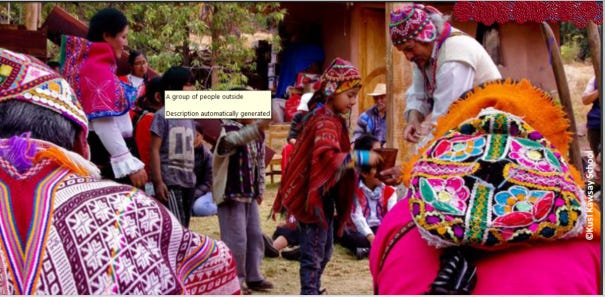Shanghai, China - Different communities around the globe have stressed that indigenous knowledge has the potential to bring sustainable development, writes Richard Kayenda.
Speaking during an interactive learning webinar which Education for Sustainable Development (ESD) organized on Thursday, March 28, 2024, speakers said in order for communities to sustain development, they have to embrace local knowledge and skills which have for so long been neglected for conventional science.
"Through community engagement where the value of Indigenous Cultural Heritage (ICH), specifically Indigenous Knowledge (IK) is discussed, communities are embracing issues such as numeracy and Mathematics through indigenous ways so as to embrace the western mode of learning same concepts," said Jacob Mapara, a professor of African Languages who teaches indigenous knowledge and sustainable technologies at Chinhoyi University of Technology in Zimbabwe.
Mapara further encouraged communities to think of local means of making and preserving food and local drinks through traditional ways to avoid indulging in other ways of life which have destroyed the environment and caused climate change.
While sharing Mapara's sentiments, Caleb Mandikonza, a professor of Cultural Heritage and Science Education at University of Witwatersrand in Republic of South Africa said, "There is need to localize our curriculum to blend contents with cultural knowledge through communities of practice for local results."
Michelle Ati Iglesias, director of initiatives known as Weaving Knowledge, Creating Memory and Illari Kunturi project in Ecuador, said participants are learning and teaching themselves through indigenous ways to improve their lives and communities.
"Through her initiatives, she is teaching things using intercultural methodologies which everyone knows in order to integrate ways of understanding life around them," Iglesias said.
Joseph Kaleba Walengene, an associate professor of Didactics at the National Pedagogical University in Kinshasa, Democratic Republic of Congo, commented, "You know with all the changes, many people are taking approaches to value these local initiatives, which is a very good way of doing things. I also wish to commend one of the speakers, Professor Mapara from Zimbabwe, who spoke in favour of protecting the environment."
The two-hour webinar dubbed 'Local and Indigenous Knowledge in ESD' was organized by ESD, a network by the United Nations Educational, Scientific and Cultural Organization (UNESCO), as one way of addressing the importance and relevance of exploring how traditional and cultural practices, and community-based approaches, are integrated into teaching and learning.


